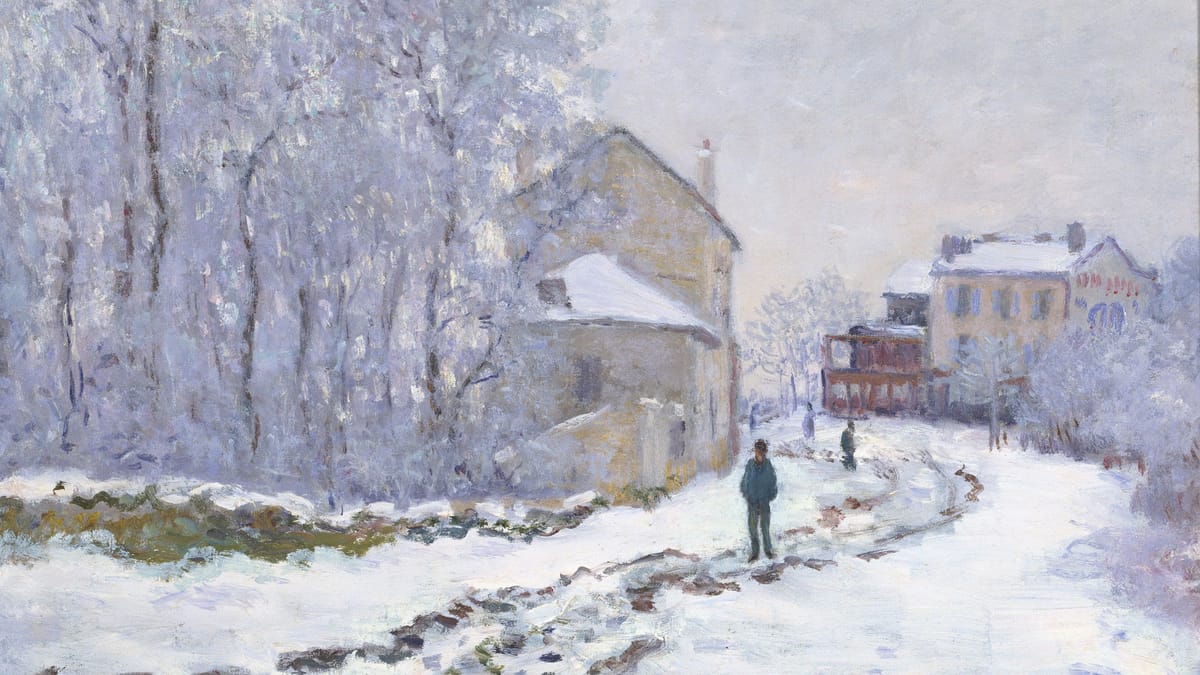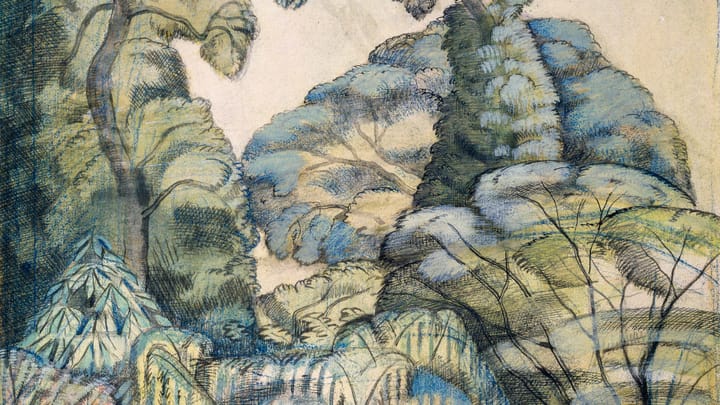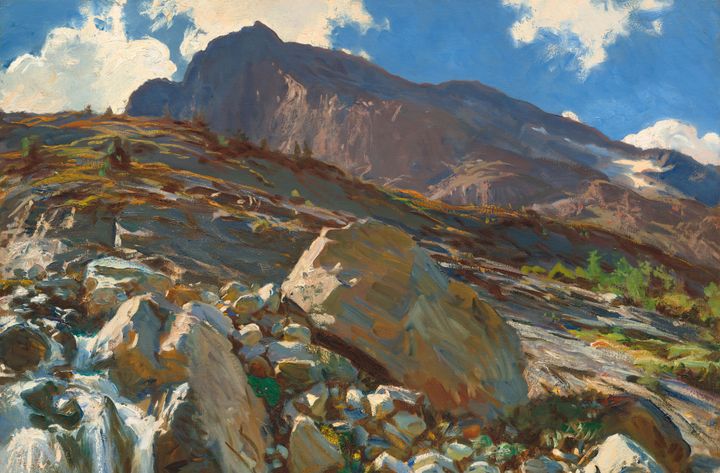Magic happens when the weather beckons our communities back into the real.
Snow days are an impromptu communal exercise in recentering. They invite you into play, rest, and neighborliness—a cocktail of wonder and fresh perspective. In an era where so much is curated to our tastes, Mother Nature offers rare serendipity: no artificial intelligence, algorithms, or sponsored ads for this event. Raw power. Limits. Improvisation.
Every snowflake, wet sock, and errant snowball creates a temporary metropolis in miniature. Sled traffic, snow fort construction, and first aid kits all come into play. We stop life only to rediscover it again as children. Fences disappear under blankets of brilliant white. So do cars and plans and supremacy. Momentarily one.
Not everyone gets a break. For some professions, snow means more work. Same for those without houses. Hard work. Cold work. Dangerous work. Important work. Front line work.
But what snow covers it also waters. Streams freeze over, concealing life flowing beneath sheets of glass. The land is replenished, and so are all creatures, great and small. Dads say things like, "We needed this."
Serendipitous holiness
Snow days teach us that peace isn't something earned by working more. They show us that stillness is a treasure and that nature is nearer than we realize. For a moment, a community catches its breath.
Snow days aren't fairytales; they are days we step back into the real. In Abraham Joshua Heschel's book The Sabbath, he captures this in the adjacent realm of Sabbath-keeping:
The holiness of the chosen day is not something at which to stare and from which we must humbly stay away. It is holy not away from us. It is holy unto us. What the Sabbath imparts to man is something real, almost open to perception, a light, as it were, that shines from within, that glows out of his face.
Snow days are holy. Not because they baptize time with something otherworldly, but because they remind us that glory is real and it can melt on your tongue.






Comments ()